Written by Ivana Katsarova,

Some 7 000 languages are spoken globally today. However, half of the world’s population shares just six native languages, and some 90 % of all languages may be replaced by dominant ones by the end of the century.
The harmonious co-existence of 24 official languages is one of the most distinctive features of the European project. Multilingualism is not only an expression of the EU countries’ cultural identities but it also helps preserve democracy, transparency and accountability. No legislation can enter into force until it has been translated into all official languages and published in the Official Journal of the EU. Crucially, the provisions relating to the EU language regime can only be changed by a unanimous vote in the Council of the EU.
The EU is committed to promoting language learning but has limited influence over educational and language policies, as these are the responsibility of the individual EU countries. A 2012 poll suggests that a slim majority of Europeans (54 %) can hold a conversation in at least one foreign language, but worryingly, nearly half of all Europeans (46 %) cannot, and only four in 10 pupils attain the basic level of competence allowing them to have a simple conversation in a foreign language.
The European Parliament is committed to ensuring the highest possible degree of multilingualism in its work. Based on the 24 official languages that constitute the public face of the EU, the total number of linguistic combinations rises to 552, since each language can be translated into the 23 others. Currently, over 1 000 staff employed in translation and over 500 in interpretation care for the translation and interpretation needs of the 751 Members of the European Parliament. Internally, the EU institutions mostly use just three working languages: English, French and German.
The overall cost for delivering translation and interpretation services in the EU institutions is around €1 billion per year, which represents less than 1 % of the EU budget or just over €2 per citizen.
Following the success of the European Year of Languages (2001), the Council of Europe designated 26 September as the European Day of Languages.
Read the complete briefing on ‘Multilingualism: The language of the European Union‘ in the Think Tank pages of the European Parliament.

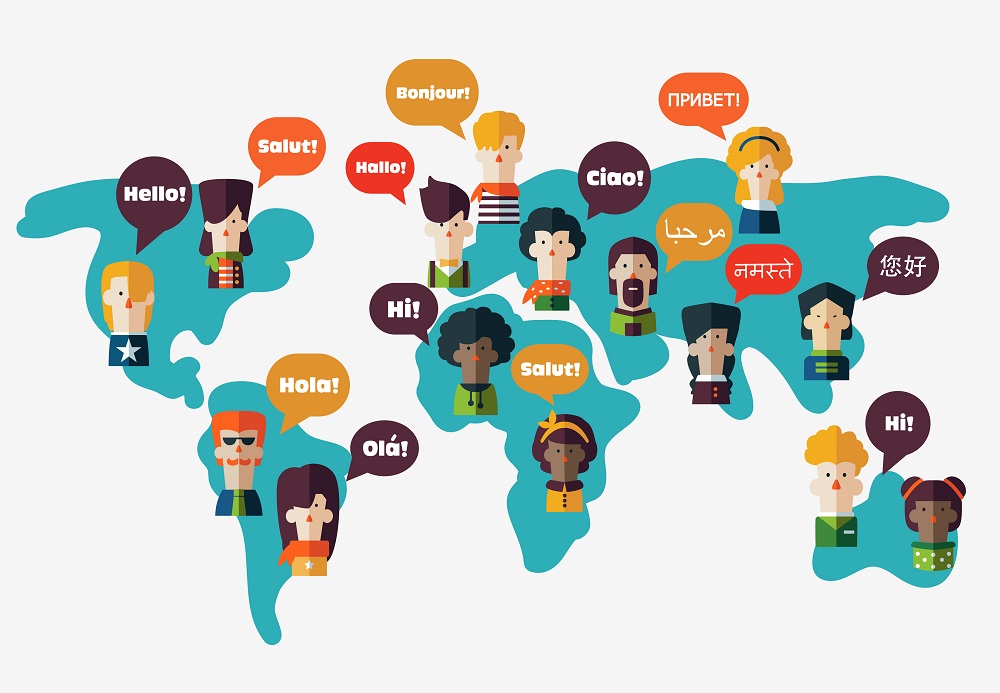
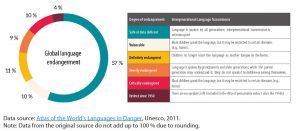
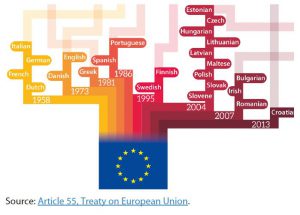
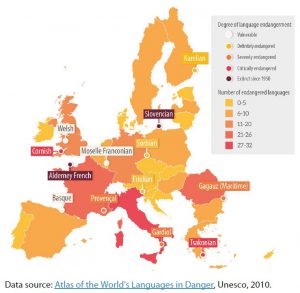
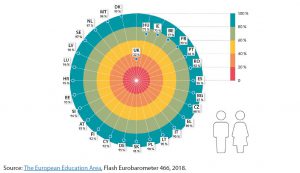






[…] […]